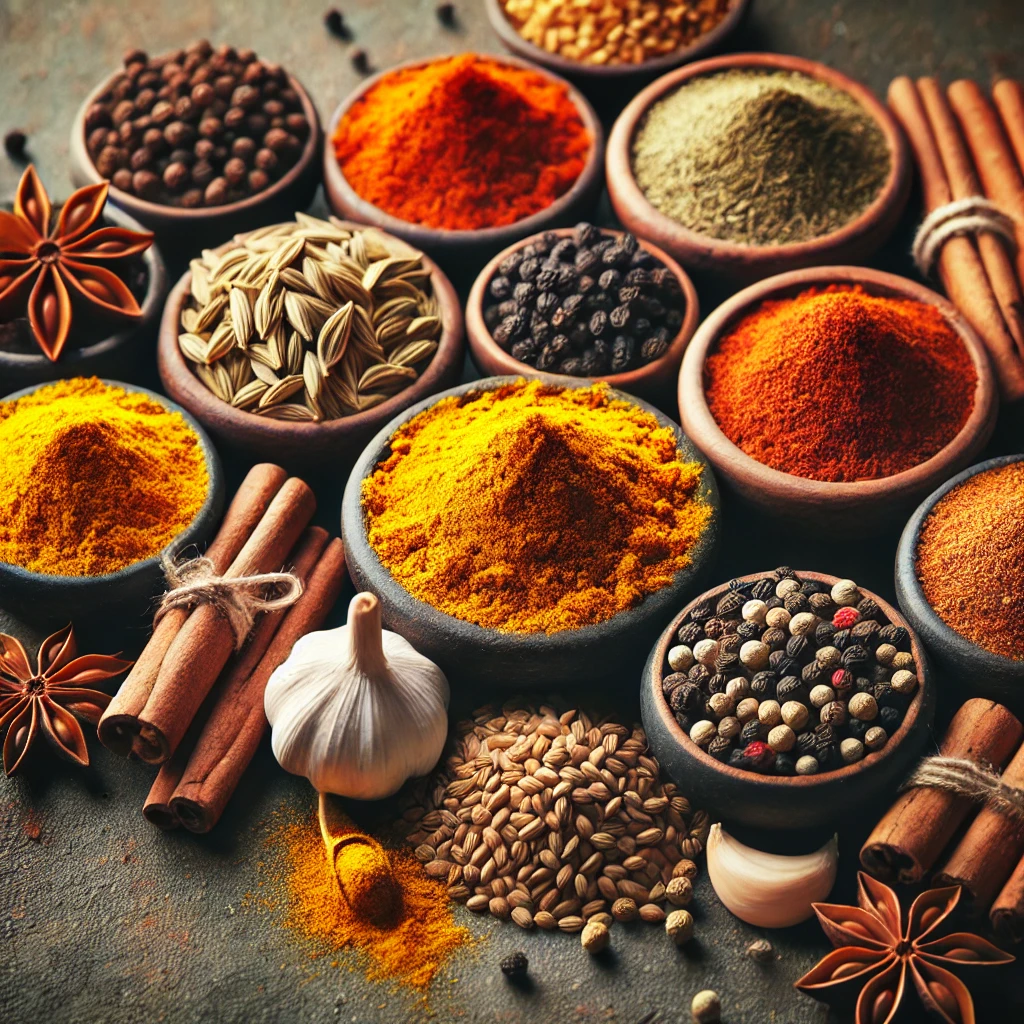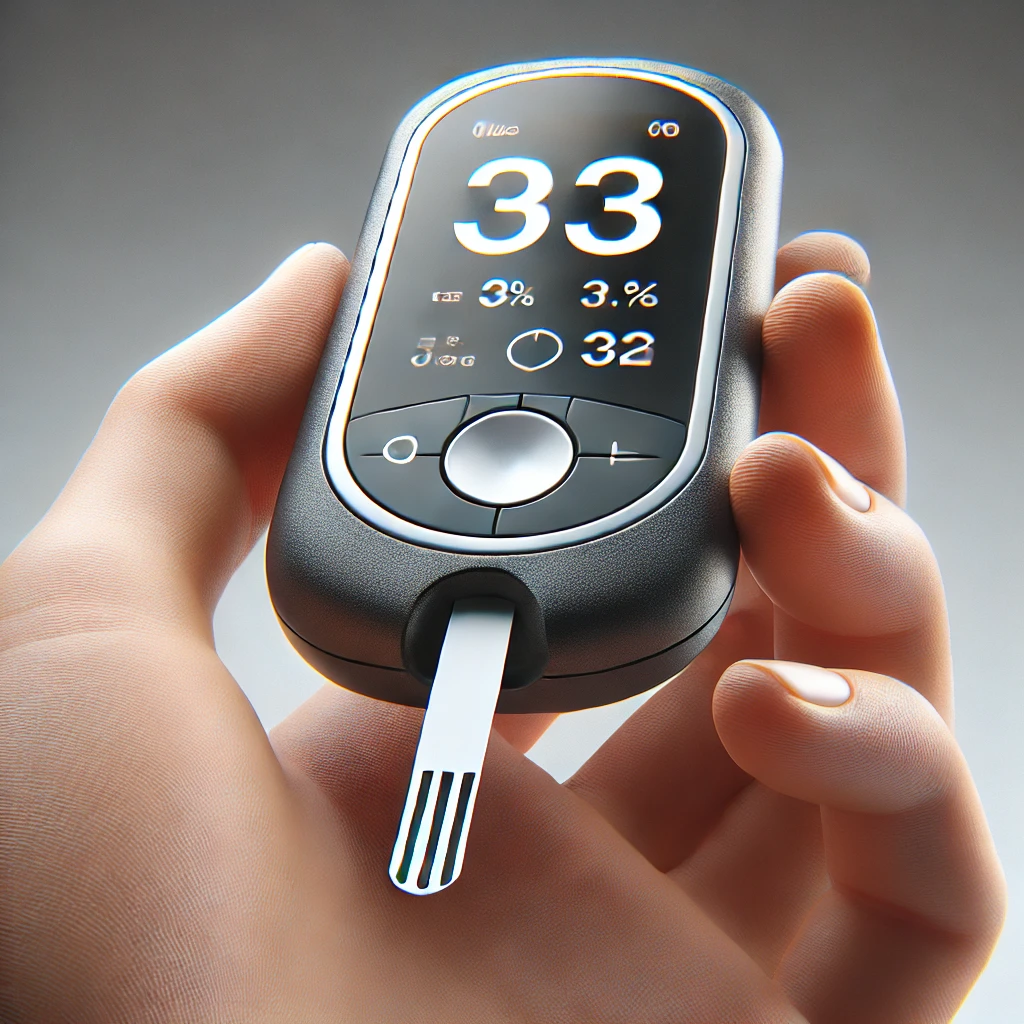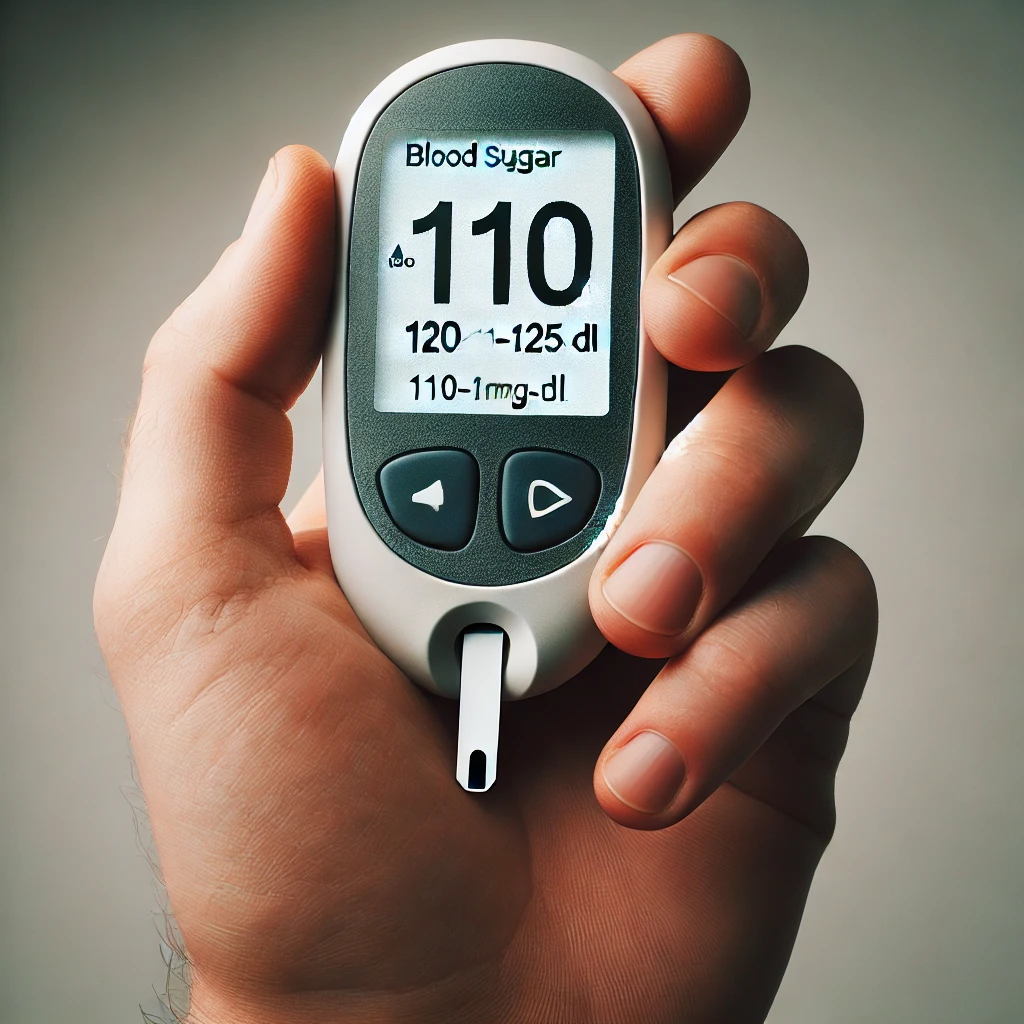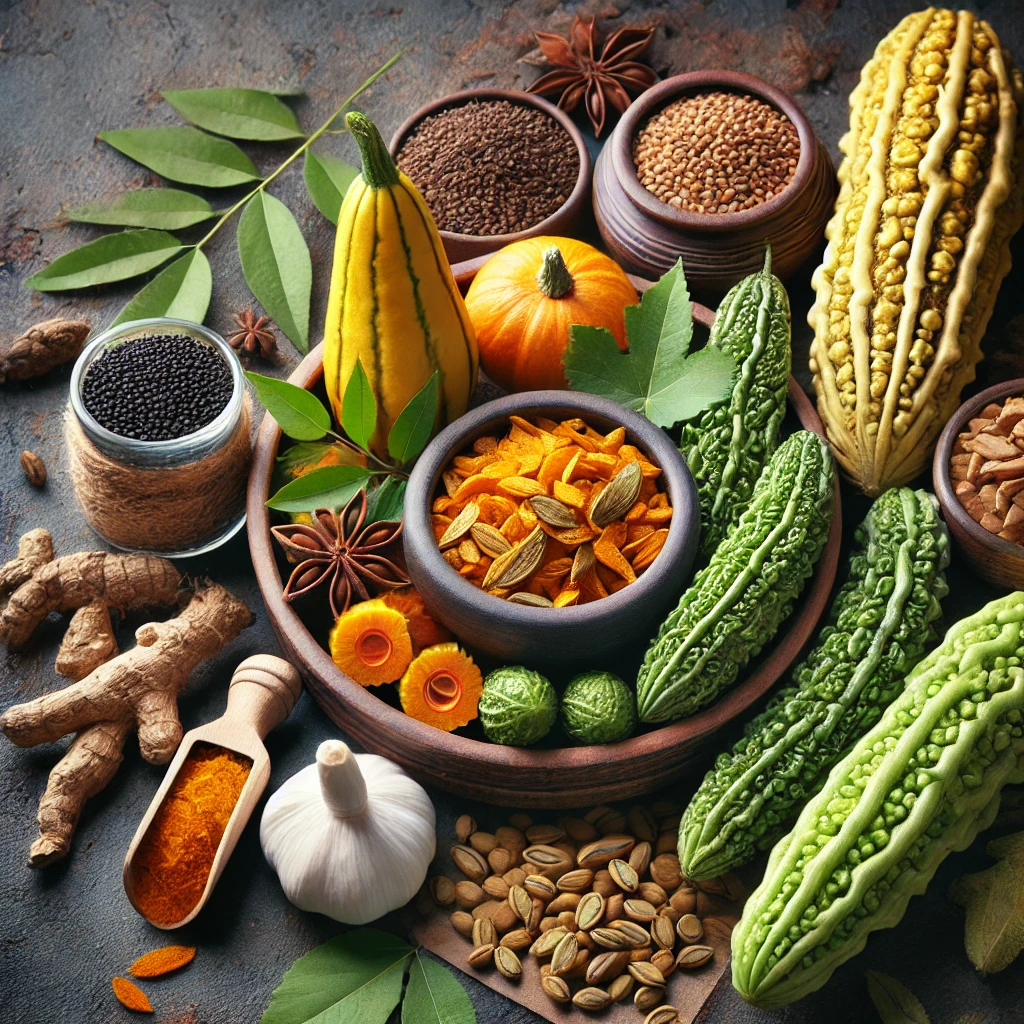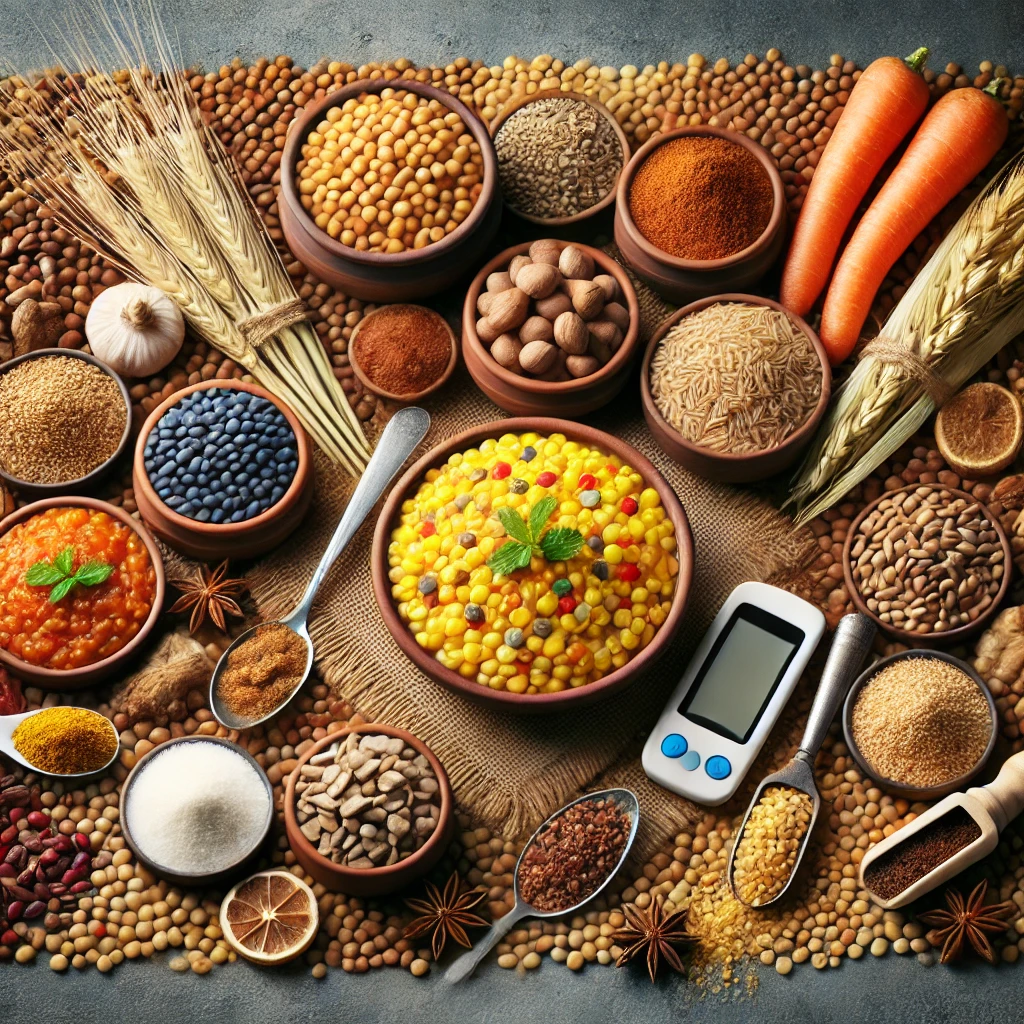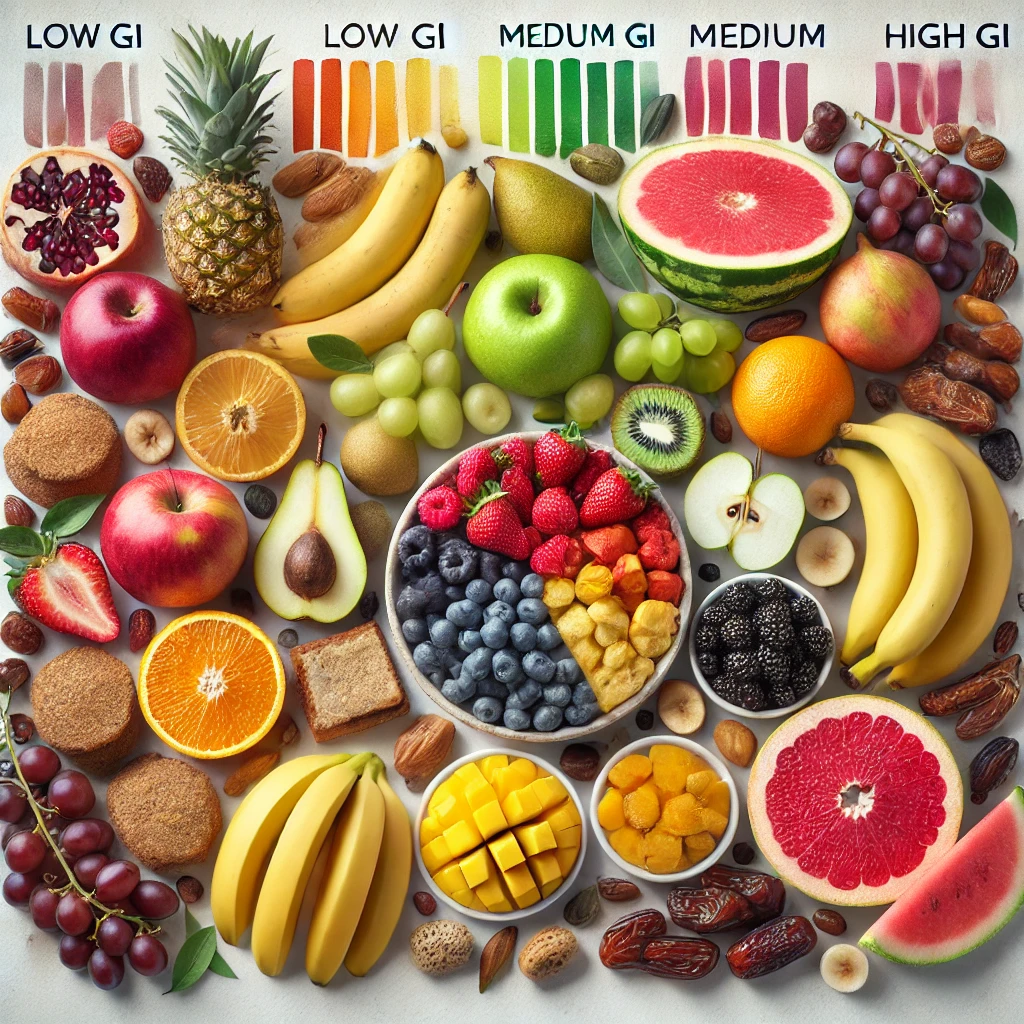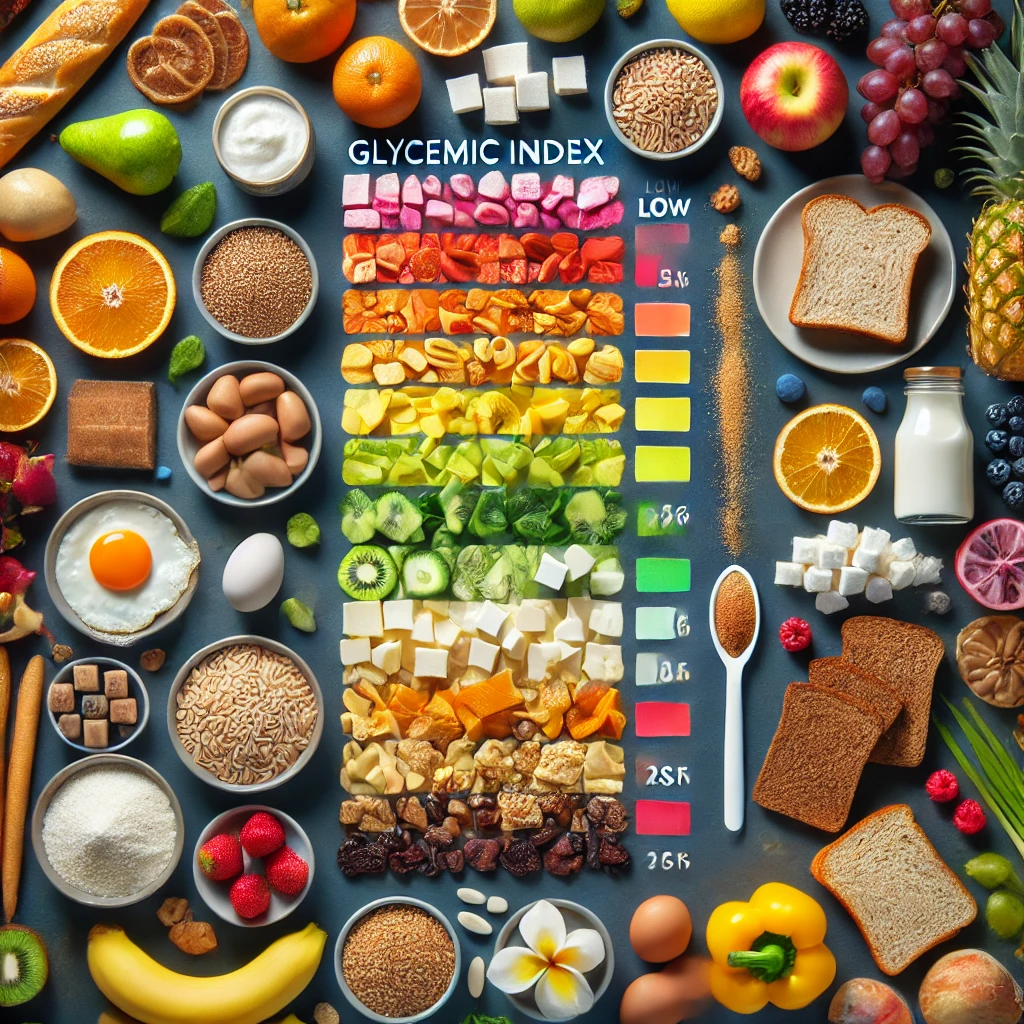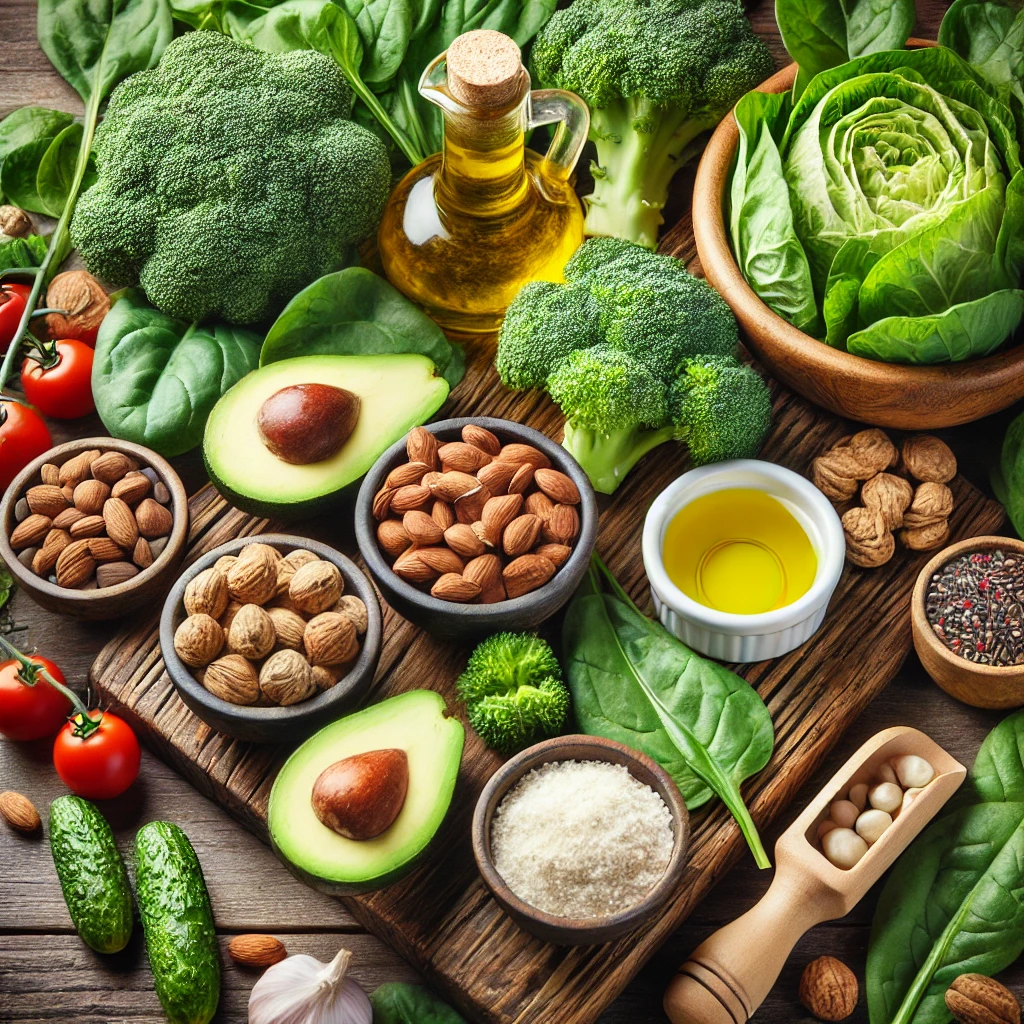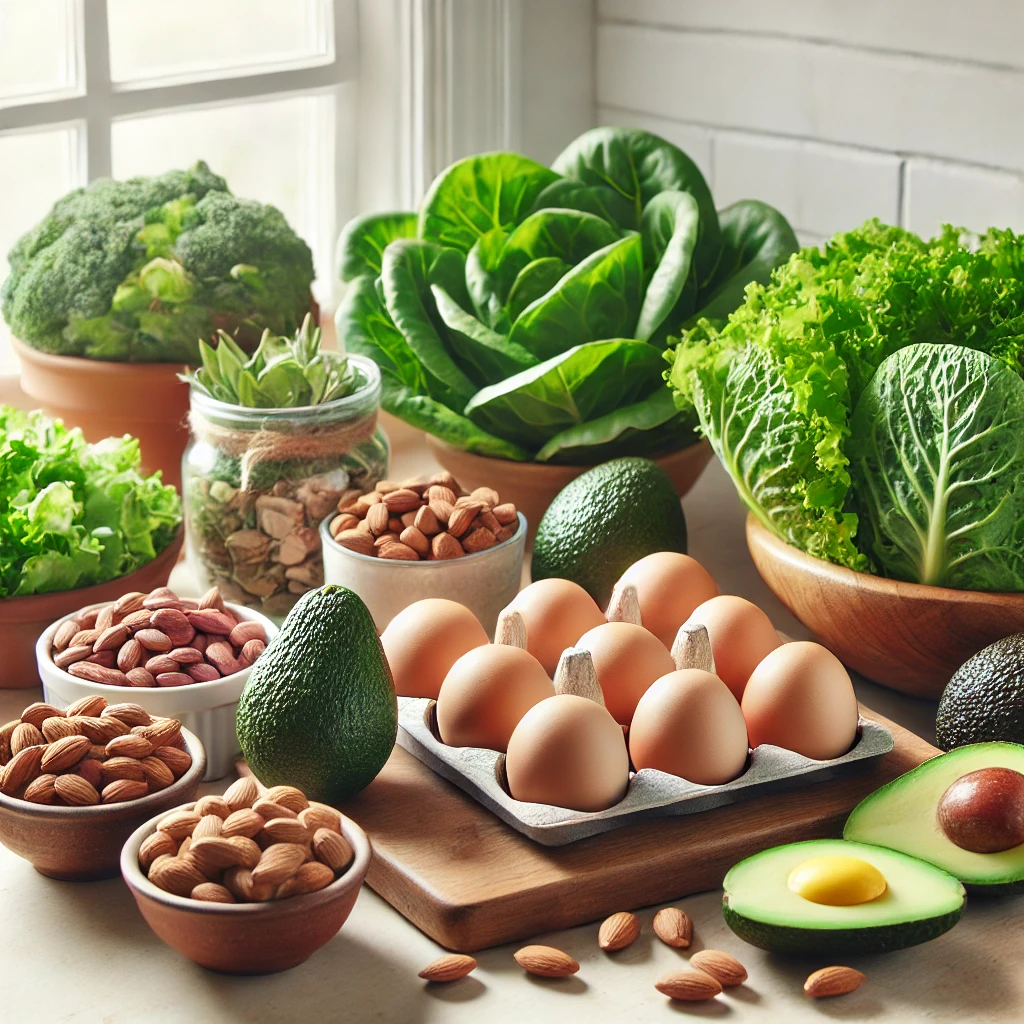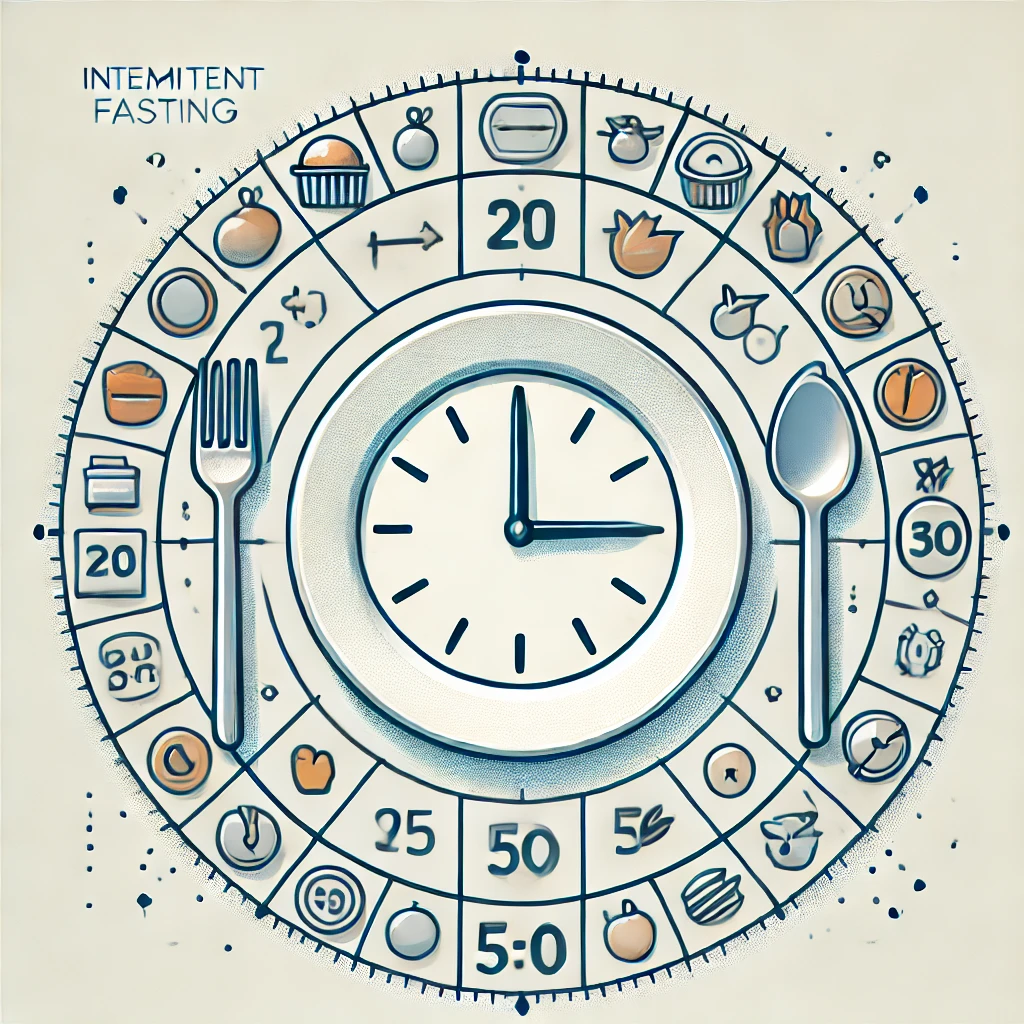Introduction
India’s rich culinary heritage is not only known for its vibrant flavors but also for its time-tested medicinal benefits. For centuries, spices have been used in Ayurvedic and traditional Indian medicine to manage various health conditions, including diabetes. Many of these spices have proven to be effective in controlling blood sugar levels, improving insulin sensitivity, and reducing inflammation—all critical aspects of diabetes management. This article explores some of the most potent Indian spices, such as fenugreek, turmeric, cinnamon, and others, and their role in managing diabetes.
1. Fenugreek (Methi)
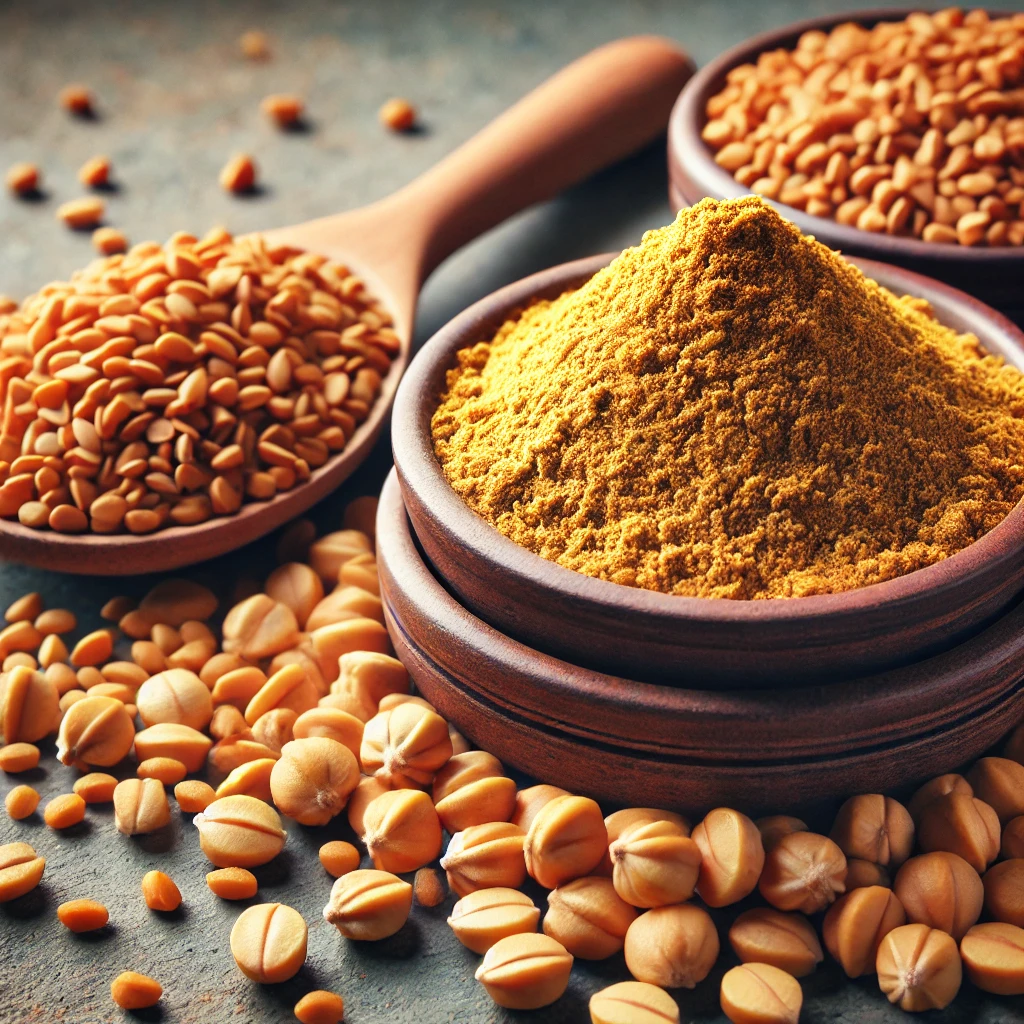
Fenugreek seeds are rich in soluble fiber, helping lower blood sugar by slowing carbohydrate absorption.
Benefits:
Fenugreek is one of the most well-known spices used in Indian households, and it has powerful anti-diabetic properties. Rich in soluble fiber, fenugreek helps lower blood sugar by slowing down the absorption of carbohydrates in the intestines, which prevents post-meal blood sugar spikes.
How It Works:
• Slows Carbohydrate Absorption: Fenugreek’s high fiber content helps reduce the glycemic index of meals.
• Improves Insulin Sensitivity: Fenugreek seeds contain compounds that improve the body’s response to insulin, making it easier for cells to absorb and use glucose.
How to Use:
• Soak 1-2 tablespoons of fenugreek seeds in water overnight and drink the water in the morning on an empty stomach.
• Add fenugreek seeds or powder to curries, dal, or parathas.
2. Turmeric (Haldi)
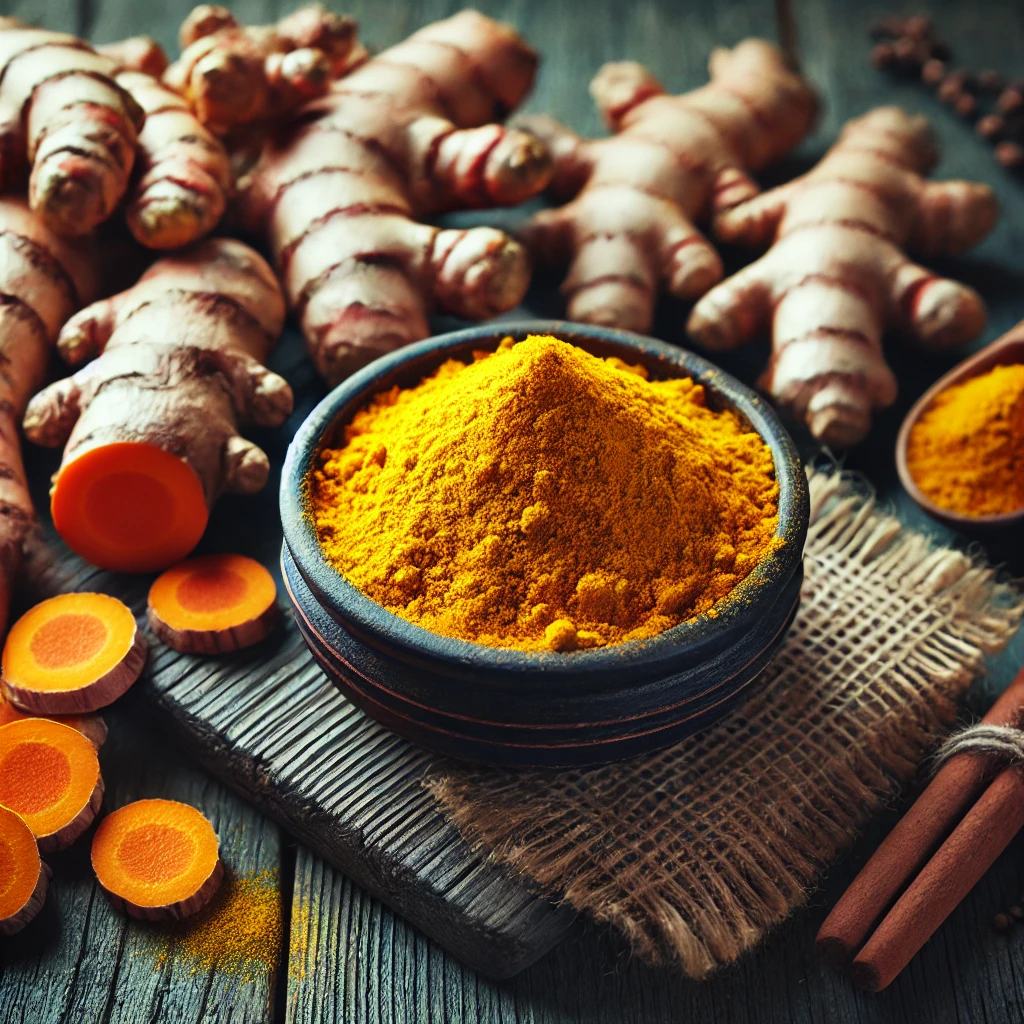
The active compound in turmeric, curcumin, helps reduce inflammation and improves insulin sensitivity.
Benefits:
Turmeric is one of the most revered spices in Indian kitchens, celebrated for its anti-inflammatory and antioxidant properties. The active compound curcumin in turmeric helps reduce inflammation and oxidative stress, both of which play a role in insulin resistance and high blood sugar levels.
How It Works:
• Reduces Inflammation: Chronic inflammation is linked to insulin resistance. Curcumin helps reduce inflammation, making it easier for the body to regulate blood sugar levels.
• Boosts Insulin Sensitivity: Studies suggest that turmeric improves insulin sensitivity, which helps cells absorb glucose more efficiently.
How to Use:
• Add turmeric powder to your curries, soups, or rice dishes.
• Drink a glass of turmeric milk (golden milk) made with low-fat milk, a pinch of turmeric, and black pepper (to improve curcumin absorption) before bedtime.
3. Cinnamon (Dalchini)

Cinnamon helps lower blood sugar levels by improving insulin action and reducing post-meal blood sugar spikes.
Benefits:
Cinnamon is another spice with significant benefits for diabetics. This sweet spice helps lower blood sugar levels by mimicking insulin and improving its action within the body. It’s also known to reduce oxidative stress and inflammation, which can worsen diabetes symptoms.
How It Works:
• Lowers Blood Sugar: Cinnamon works by improving the body’s sensitivity to insulin and helping to move sugar into cells.
• Reduces Blood Sugar Spikes: Consuming cinnamon regularly helps reduce post-meal blood sugar spikes by slowing down carbohydrate breakdown.
How to Use:
• Add cinnamon powder to your morning tea or coffee.
• Use cinnamon in desserts, smoothies, or as a topping for oatmeal or yogurt.
4. Ginger (Adrak)
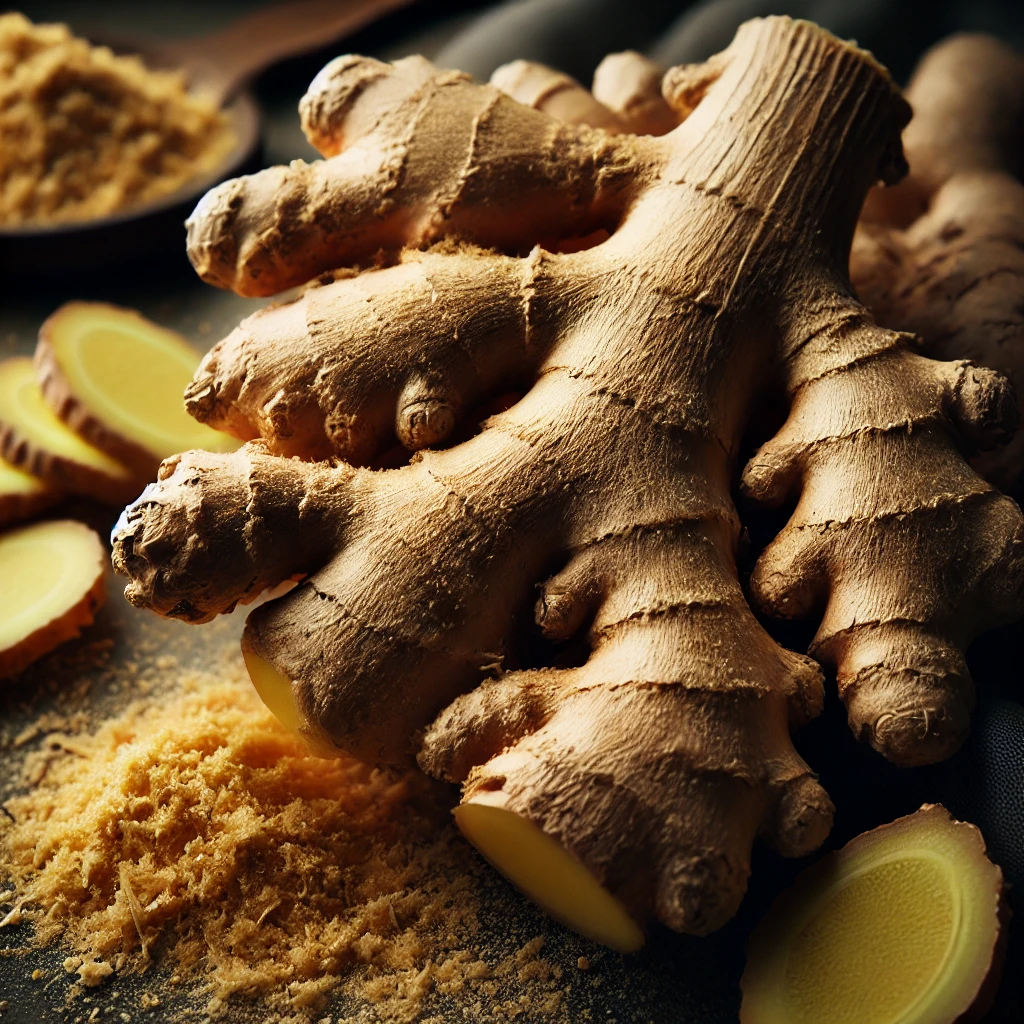
Ginger improves insulin sensitivity and helps lower fasting blood sugar levels, making it ideal for diabetics.
Benefits:
Ginger is a common spice in Indian households known for its digestive benefits. It also helps in managing diabetes by improving insulin sensitivity, reducing oxidative stress, and lowering fasting blood sugar levels.
How It Works:
• Improves Insulin Response: Ginger helps improve the body’s sensitivity to insulin, making it easier for cells to use glucose.
• Reduces Fasting Blood Sugar: Studies show that regular consumption of ginger can lower fasting blood sugar levels, which is crucial for diabetics.
How to Use:
• Add fresh ginger to curries, soups, or teas.
• Drink a cup of ginger tea in the morning to kickstart your metabolism and control blood sugar levels.
5. Cumin (Jeera)
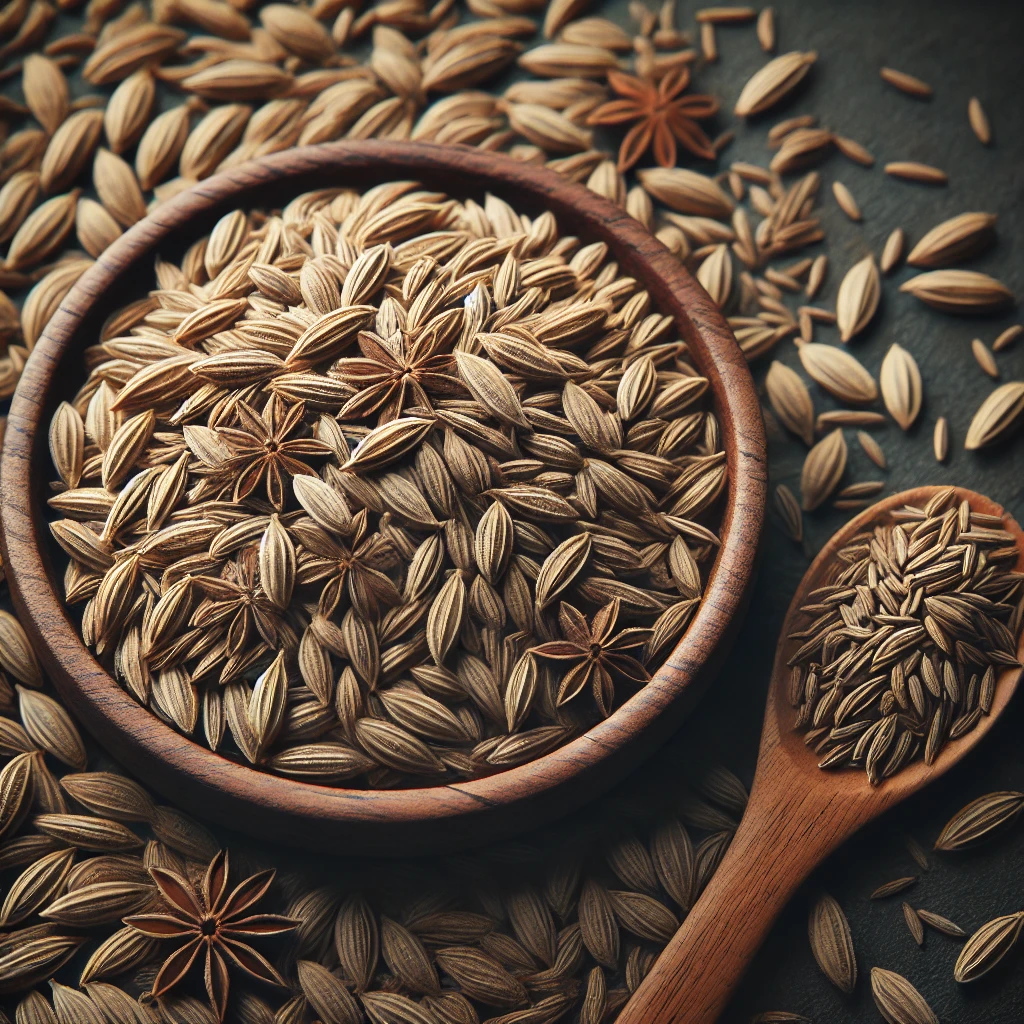
Cumin seeds help control blood sugar levels by enhancing insulin function and reducing inflammation.
Benefits:
Cumin seeds are commonly used in Indian cooking, and they possess anti-inflammatory and antioxidant properties that aid in managing diabetes. Cumin helps in controlling blood sugar by improving insulin sensitivity and reducing inflammation in the body.
How It Works:
• Reduces Blood Sugar: Cumin enhances insulin function, which helps in controlling blood sugar spikes.
• Lowers Cholesterol: Many people with diabetes have high cholesterol levels. Cumin helps reduce cholesterol, improving overall heart health.
How to Use:
• Add roasted cumin powder to raitas, salads, or sprinkle it over cooked vegetables.
• Drink jeera water (soaked cumin seeds in water) first thing in the morning to help balance blood sugar levels throughout the day.
6. Cloves (Laung)

Cloves help improve insulin function and fight inflammation, making them beneficial for diabetes management.
Benefits:
Cloves are rich in antioxidants and have anti-inflammatory properties, which help in managing insulin function. Cloves may help reduce insulin resistance and promote better glucose regulation.
How It Works:
• Improves Insulin Function: Cloves help improve the efficiency of insulin, reducing blood sugar levels after meals.
• Fights Inflammation: The anti-inflammatory properties of cloves help in reducing insulin resistance.
How to Use:
• Add cloves to curries, biryanis, or stews to give a flavorful punch.
• Use clove powder in tea or coffee to enhance its medicinal properties.
7. Black Pepper (Kali Mirch)
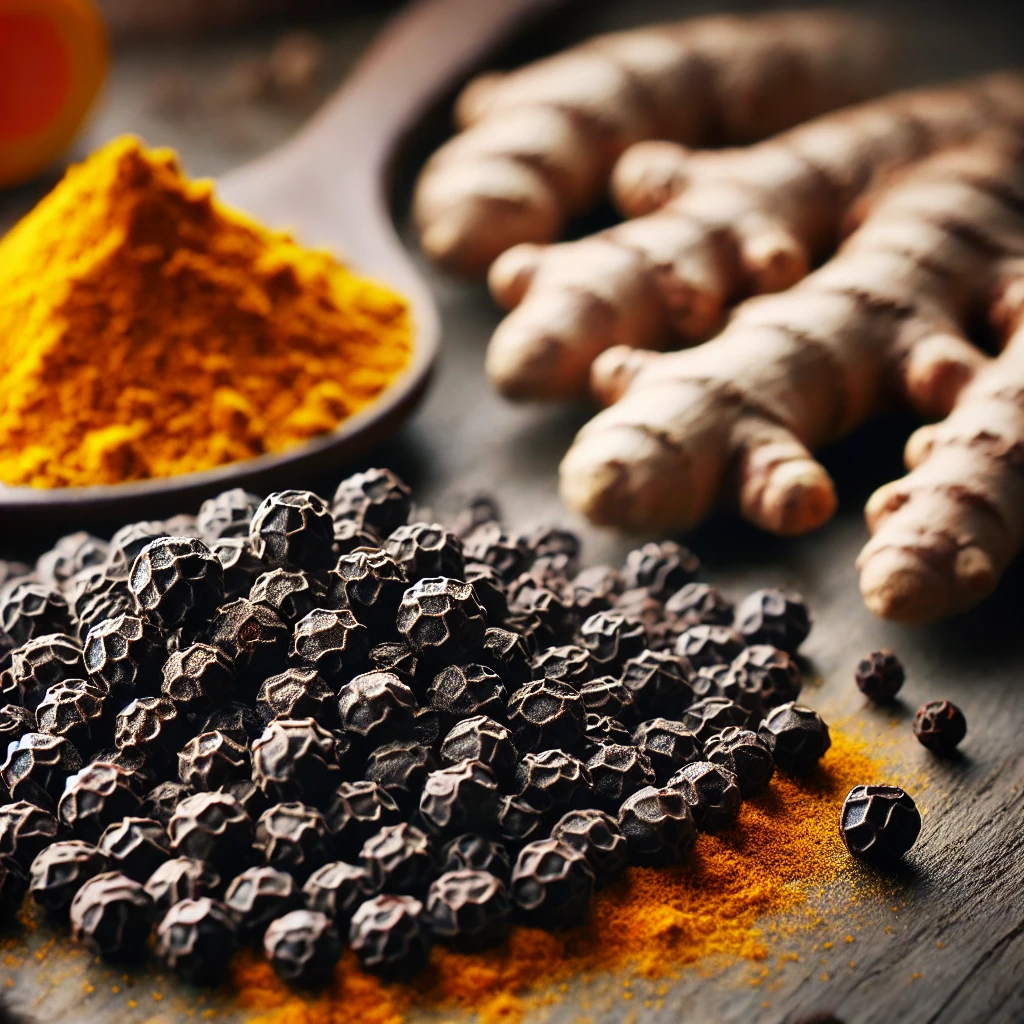
Black pepper enhances the absorption of curcumin from turmeric, amplifying its anti-diabetic benefits.
Benefits:
Black pepper is not just a seasoning; it has a host of health benefits, especially when combined with turmeric. Black pepper contains piperine, a compound that improves the bioavailability of curcumin, the active component in turmeric, making it more effective in controlling diabetes.
How It Works:
• Enhances Curcumin Absorption: Piperine boosts the absorption of curcumin, amplifying its anti-diabetic effects.
• Improves Digestion: Black pepper improves digestion and helps in better absorption of nutrients, including those that regulate blood sugar.
How to Use:
• Add black pepper to your daily cooking, especially in combination with turmeric.
• Sprinkle freshly ground black pepper on salads or soups for a flavor and health boost.
Conclusion
Spices are an integral part of Indian cooking, and many of them offer substantial health benefits for individuals managing diabetes. From fenugreek to turmeric, these spices help regulate blood sugar levels, improve insulin sensitivity, and reduce inflammation—all of which are crucial for effective diabetes management. Incorporating these spices into your daily diet can help you manage diabetes more naturally and complement your existing medical treatments. Remember to always consult with your healthcare provider before making significant dietary changes.
With the right blend of traditional Indian spices, managing diabetes can become a flavorful and holistic journey toward better health.
